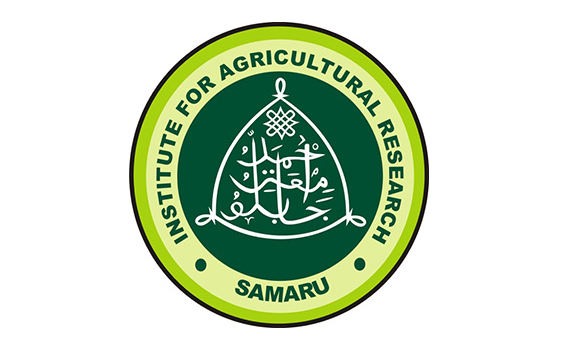…maize variety can remain in water for 14 days
The Institute for Agricultural Research (IAR), Ahmadu Bello University (ABU), Zaria, says plans are on to develop maize varieties that can withstand flood and remain in water for up to 14 days.
Prof. Muhammad Ishiyaku, Executive Director of the institute, made this known during an interaction with newsmen in Zaria.
He said one of the fundamental focus areas of genetic improvement programmes of the institute was to develop crops that could withstand drought and flood.
He said climate change is an undeniable natural phenomenon.
Ishiyaku said the development of the flood-resistant maize variety was to ameliorate the effects of flood on farmers’ investments.
“To date, the institute has developed and released up to 54 different varieties of maize including hybrid.
“The genetically improved maize can be grown in Azare, Bauchi State and some parts of Jigawa and Katsina states which are the dryer parts of northern Nigeria.
“The institute has also developed and released 47 improved varieties of sorghum. The improvement includes the ability to plant early enough, even under a short rainfall season,’’ Ishiyaku said.
He explained that the improved quality of the sorghum ranged from brown sorghum to complete white sorghum, adding that the white sorghum, after milling turned into white flour like maize.
The executive director said the institute had developed up to 29 different improved varieties of groundnut which include those that could be used to produce confectioneries and others solely for vegetable oil production.
He also said the institute had developed four different varieties of sunflower. He said sunflower is an oil-producing crop like groundnut.
“If the two (sunflower and groundnut) are put together, and production is boosted, Nigeria will not import vegetable oil.
“We have also developed 13 different varieties of cotton which have different lengths of fibre.
“The fibre quality of cotton determines its utilisation potential in the textile industry and other sundry things on which the cotton is required,’’ he said.
On cowpea, he said the institute had released an improved variety that was resistant to pests.
He explained that the new variety of cowpea which was called Sampi 20 could be produced with a “very low level of insecticides spray’’.
“Relatively, instead of spraying the other cowpea varieties for about seven to eight times, this new variety would do very well with only two targeted sprays.
“We have also developed soil fertility management, something that is very difficult for farmers. We developed ways of rotating different crops to ensure the sustenance of the fertility of the soil,’’ he said.
He said the institute would leverage on agriculture extension workers technologies such as conventional media outfits and social media to distill its breakthrough to key stakeholders.
“The institute is also leveraging on farmer help-lines which provide 24 hours services in which farmers can ask questions about technologies,’’ Ishiyaku said. (NAN)




